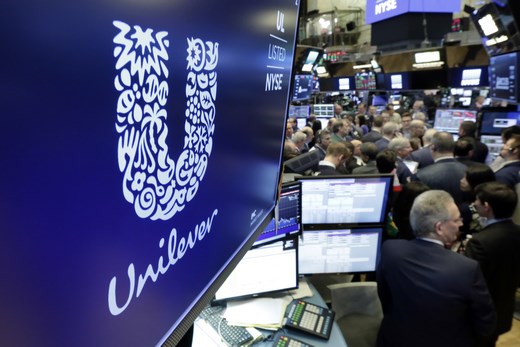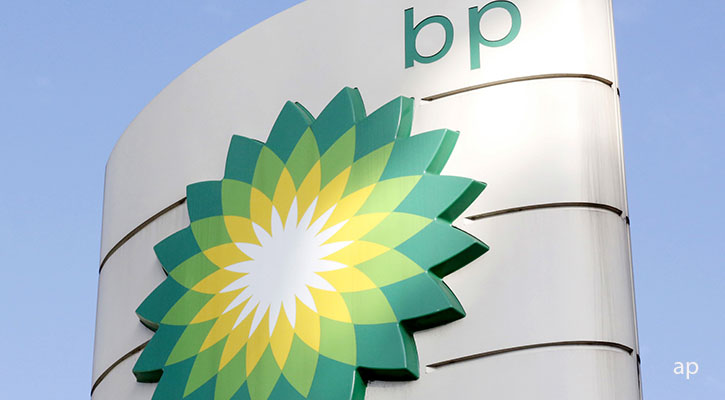
Wide-moat consumer cyclical stock Unilever (ULVR) posted better-than-expected fourth-quarter revenue and profit in an impressive performance given the myriad of macroeconomic challenges facing the company.
However, this performance has a minimal impact on our valuation and we maintain our fair value estimate (FVA) of £44.46 per share. The results reinforce our belief that Unilever's valuation has a modest upside.
We continue to believe Unilever has a strong competitive bulwark, but this is related to its scale and reach rather than strong pricing power.
That said, price elasticity was lower than we expected last year, given very disruptive inflation, and this continued into the fourth quarter, with underlying sales growth 9.2% year-on-year, driven by a very high price/mix contribution across the entire portfolio (+13.3%), mitigated by a contraction in volumes of 3.6%.
Overall, this represents a continuation of trends throughout the year. Consumers in all regions seem to remain willing to absorb inflation, but the effort has been strongest in emerging markets.
The fourth quarter price/mix effect was around 10% in the Americas and Africa Asia-Pacific regions, but only 5.5% in Europe.
There was less variance in portfolio growth by product group, with all segments recording at least full-year underlying single-digit sales growth.
Ice cream was particularly weak in the fourth quarter, as it had a strong cycle in the last quarter.
We expect some easing of inflationary pressures in 2023, but not before the second half of the year. We also expect Unilever to face further raw material cost increases in the first half and possibly beyond of around 5% on an annual basis, implying single-digit price increases .
This seems entirely achievable, but will depend on the length and depth of recessions in Unilever's key markets.
At constant currencies, Unilever's operating profit for the full year grew 19.2%, outpacing its revenue growth and implying a margin expansion of 67 points basis after adjusting for the favorable effect of exchange rates.
Considering the cost increases it has faced, this performance is impressive.
Indications so far, in particular the level of price increases successfully executed by food groups last year, suggest that the consumer remains willing and able to absorb inflation.
However, the simultaneous increases in the costs of housing, energy and food in the absence of a significant increase in wages raise questions about how long the consumer can continue to bear such additional costs.
If consumer confidence falters next year, we believe Unilever's categories could be among the first to feel the pinch, particularly in markets where hard discounters offer an attractive alternative to big name brands.





























